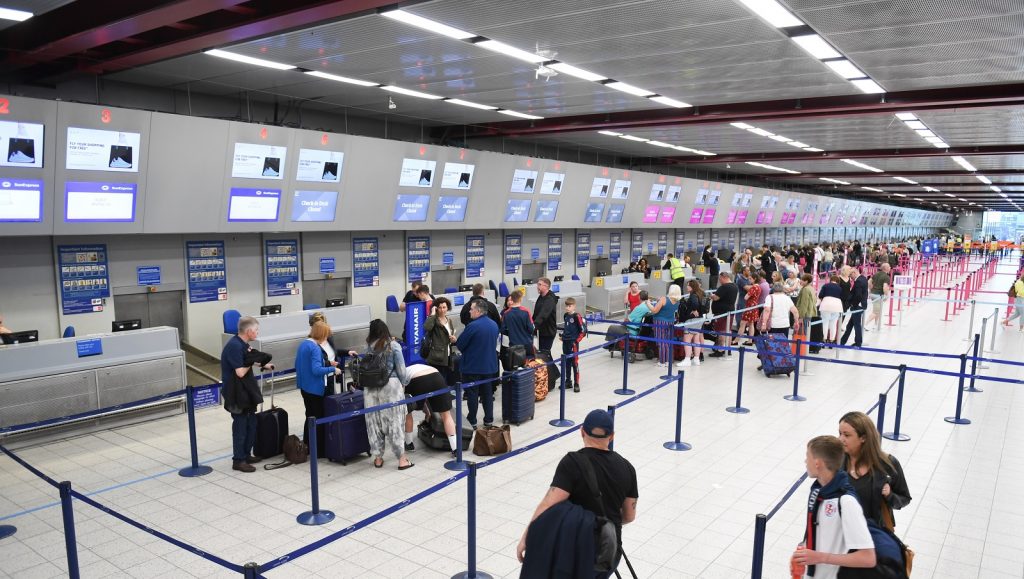South Africa’s retail forex industry is entering a decisive phase as regulation tightens and consolidation accelerates. What does it mean for brokers and traders?
Study shows fewer South Africans keen on working abroad

Less South Africans are interested in leaving the country for work purposes as a result of the pandemic and rise of remote working.
That is the finding of a new study released by Boston Consulting Group (BCG), The Network, and local partner company CareerJunction.
The study concluded several factors such as the COVID-19 pandemic have impacted local attitudes about working abroad.
“This is in line with the global trend of decreasing mobility – which is likely due to the pandemic, but also because of tighter immigration and less welcoming policies by some of the big destination markets,” BCG’s principal and recruiting director in Johannesburg, Rudi van Blerk, said in a statement.
Remote work and pandemic make South Africans more likely to stay
The study, called Decoding Global Talent, Onsite and Virtual included more than 209 000 participants in 190 countries, including 1 421 from South Africa.
59% of South Africans said they were willing to move to another country for work purposes. This is down from 72% back in 2018.
The study also showed that 56% of young people, and 61% of highly-educated people, were willing to relocate.
People in some sought-after jobs are willing to go abroad for work.
These jobs include digitalisation and automation, science and research, law, and IT.
Van Blerk said this could indicate the risk of a brain drain in these fields in South Africa.
In terms of where to relocate to, the United States remains the number one destination.
Along with the US, the top destinations include New Zealand, United Kingdom, Australia, and United Arab Emirates.
On the flip side, South Africa’s attraction for global workers dropped from 40th in 2018 to 45th in 2020.
But the country remains attractive for countries such as the Netherlands, Angola, Zambia, and the UK.
The study also showed South Africans’ enthusiasm for virtual mobility.
73% of participants said they are open to working remotely for an international employer. This in comparison to the global average of 57%.
“This may have interesting implications,” Van Blerk said.
“Africa could emerge as a possible virtual talent pool for Western companies – especially for European employers, who don’t need to deal with much time difference when employing African talent remotely.”
Feature image: Unsplash/Phil Mosley
Read more: City of Cape Town hopes to introduce Remote Working Visa


